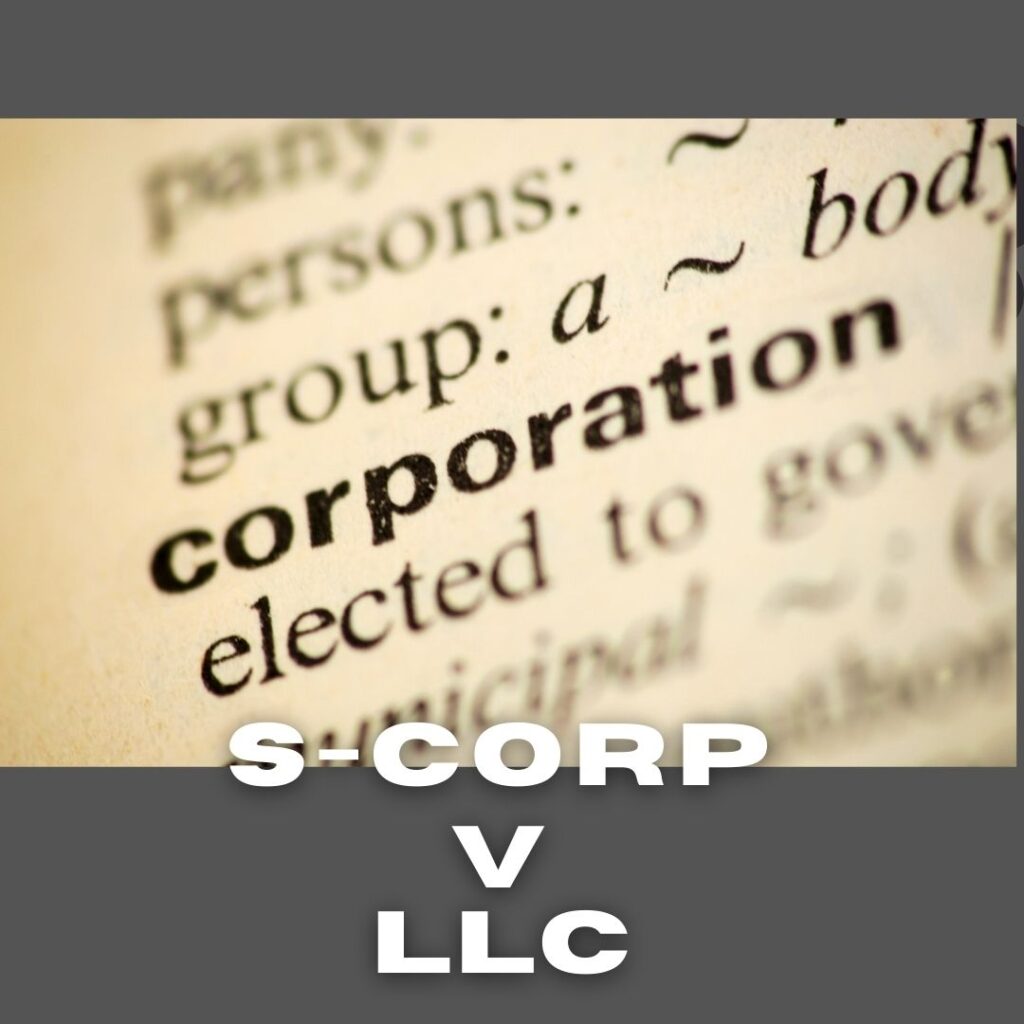A common question often arises when forming a business as to what is the difference between a LLC and an S-corp. There are a number of similarities and some distinguishing factors which may impact the decision on which entity to form.
In forming both a s-corp. and a LLC, articles are filed with the secretary of state to commence the entity. For a s-corp, these initial articles are called Articles of Incorporation. For a LLC they are called Articles of Organization.
With regards to liability, both shareholders of a s-corp. and members of a LLC are generally granted personal protection from debts and liabilities of the business – subject to maintaining corporate formalities and other considerations that become relevant in the piercing the corporate veil analysis.
With regards to taxes, profits and losses pass through both a s-corp. and a LLC to the individual tax return of the shareholder or member. Profits of an s-corp., however, which pass through to the shareholders are not subject to self-employment taxes (only the portion classified as a “reasonable salary” is subject to self-employment taxes). With a LLC, the members must pay self-employment tax on all income. The ability to minimize self-employment tax is deemed one of the greatest benefits of a s-corp.
To protect from veil piercing claims, both s-corps. and LLCs should maintain corporate formalities. Both entities should ensure that they have separate bank accounts, have written actions or meeting minutes for decisions being made, sign contracts in the name of the business and not personally.
There are literal books written on this subject, this is just a simple explanation. Please always feel free to reach out with questions and it might end up the topic of my next post.

The material contained herein is provided for informational purposes only and is not legal advice, nor is it a substitute for obtaining legal advice from an attorney. Each situation is unique, and you should not act or rely on any information contained herein without seeking the advice of an experienced attorney. All information contained in links are the property of the linked site.

